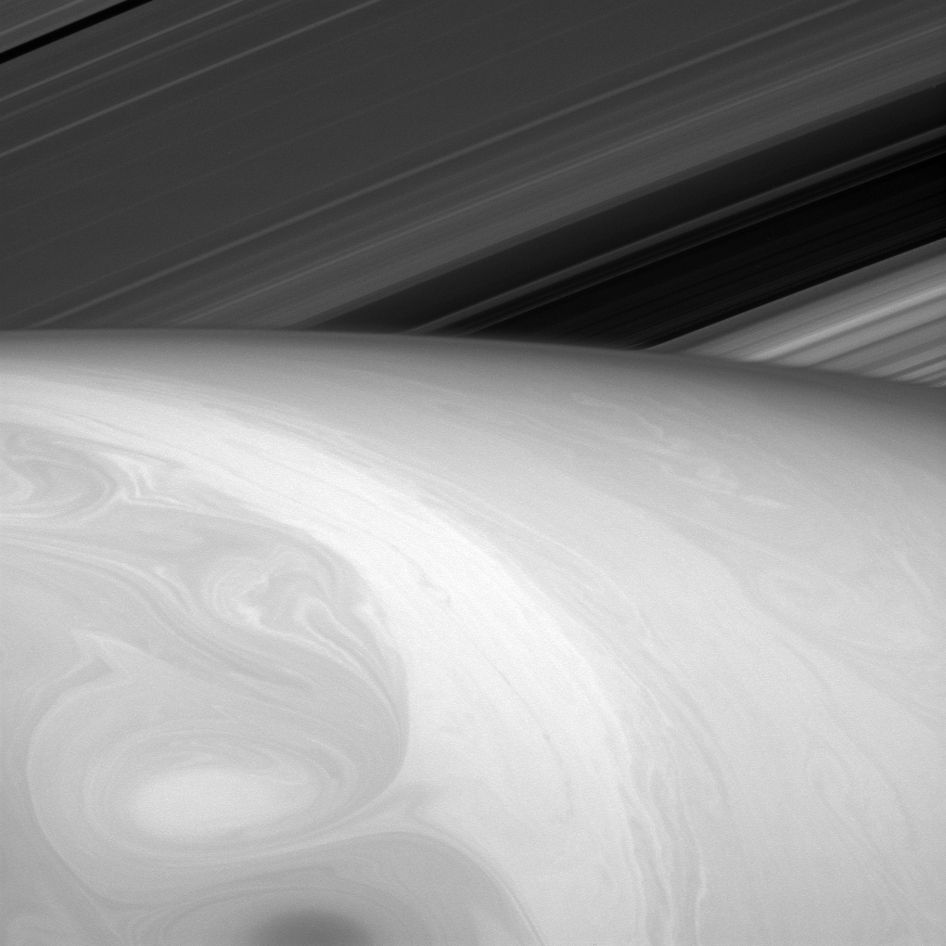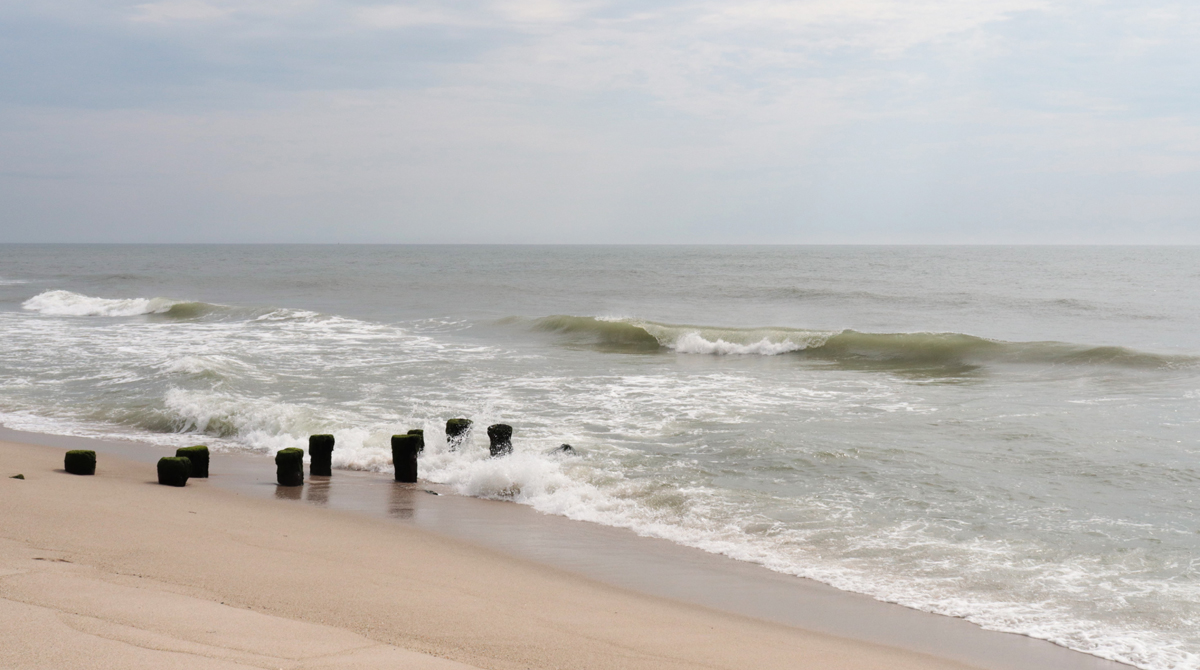Mixing Paints: NASA Image of the Day
I guess there is a trend starting to assert itself. The images from NASA are very diverse from weather patterns and spacecraft launches and general land-based activities. But I seem to be drawn to the “artistic” images. That is what I have been posting here for the most part.
I find space beautiful. The swirls of gas and light, the rock formations floating through endless black, the explosions of color and the flashes of dying stars. Nature is gorgeous. And out there, far off in the sky beauty is forming.
Natural art is happening right now and the vast majority of it we will never see. That is sad. But, I am grateful for the glimpses we do see. And I am thankful to NASA and the European Space Agency and all the other individuals and institutions that continue the exploration of space.
And bring us otherworldly art.
Nature is an artist, and this time she seems to have let her paints swirl together a bit.
What the viewer might perceive to be Saturn’s surface is really just the tops of its uppermost cloud layers. Everything we see is the result of fluid dynamics. Astronomers study Saturn’s cloud dynamics in part to test and improve our understanding of fluid flows. Hopefully, what we learn will be useful for understanding our own atmosphere and that of other planetary bodies.
This view looks toward the sunlit side of the rings from about 25 degrees above the ringplane. The image was taken in red light with the Cassini spacecraft narrow-angle camera on Aug. 23, 2014.
The view was acquired at a distance of approximately 1.1 million miles (1.8 million kilometers) from Saturn and at a Sun-Saturn-spacecraft, or phase, angle of 127 degrees. Image scale is 7 miles (11 kilometers) per pixel.
The Cassini-Huygens mission is a cooperative project of NASA, the European Space Agency and the Italian Space Agency. The Jet Propulsion Laboratory, a division of the California Institute of Technology in Pasadena, manages the mission for NASA’s Science Mission Directorate, Washington, D.C. The Cassini orbiter and its two onboard cameras were designed, developed and assembled at JPL. The imaging operations center is based at the Space Science Institute in Boulder, Colo.
For more information about the Cassini-Huygens mission visit www.nasa.gov/cassini and saturn.jpl.nasa.gov. The Cassini imaging team homepage is at ciclops.org.
Courtesy of NASA.org | Credit: NASA/JPL-Caltech/Space Science Institute












Likhon chowdhury says:
Conor says:
Andy Garcia says: